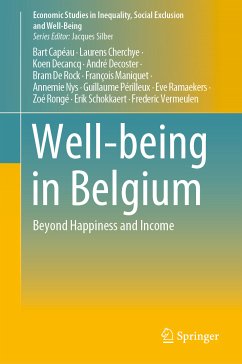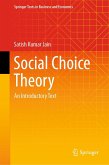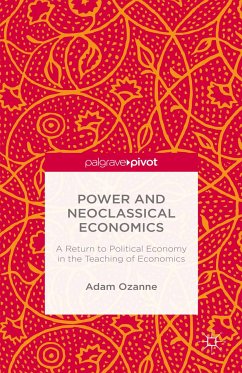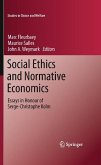This book argues that happiness and life satisfaction do not form a good basis for measuring well-being, and proposes an alternative method that not only considers the various aspects of well-being, but also the fact that people have their own views on what is important in life.
Not limited just to theory, the book also presents a large-scale, representative survey involving more than 3000 adults from over 2000 Belgian families, which charted the various aspects of the individual well-being of Belgians. Focusing on the unequal distribution of these various aspects of well-beingwithin families, the survey showed that some Belgians are more likely to suffer from cumulative deprivation in multiple dimensions. Based on this innovative study, the book describes which people in society are worst off - and these are not necessarily only people on low incomes or those who feel unhappy - and proposes that policymakers prioritise these individuals.
Dieser Download kann aus rechtlichen Gründen nur mit Rechnungsadresse in A, B, BG, CY, CZ, D, DK, EW, E, FIN, F, GR, HR, H, IRL, I, LT, L, LR, M, NL, PL, P, R, S, SLO, SK ausgeliefert werden.









